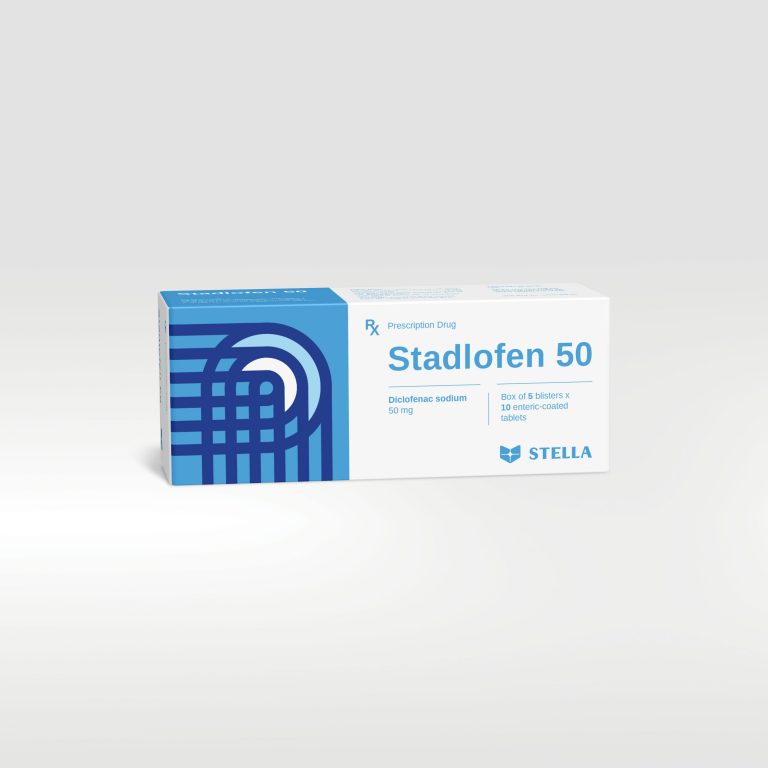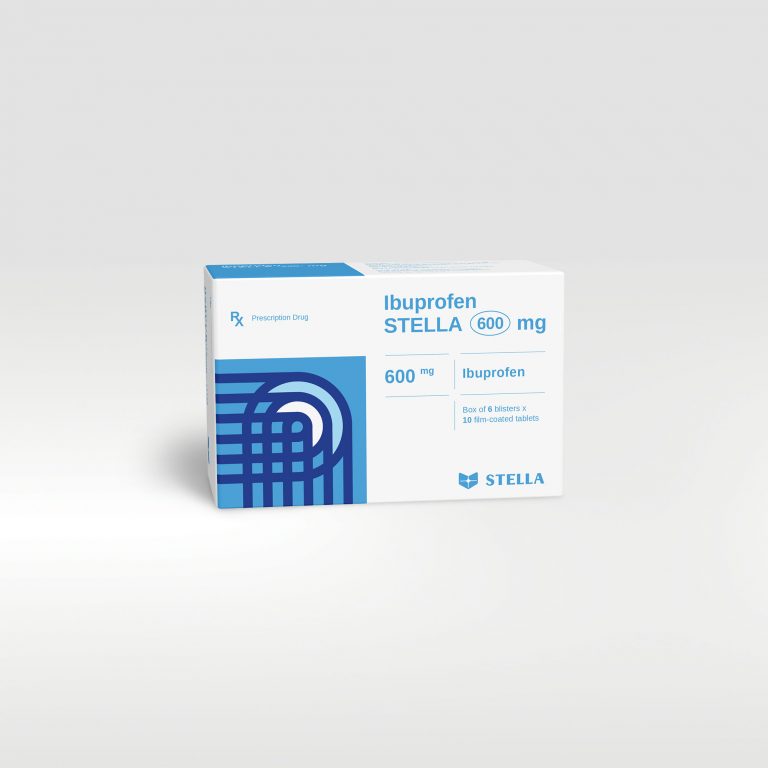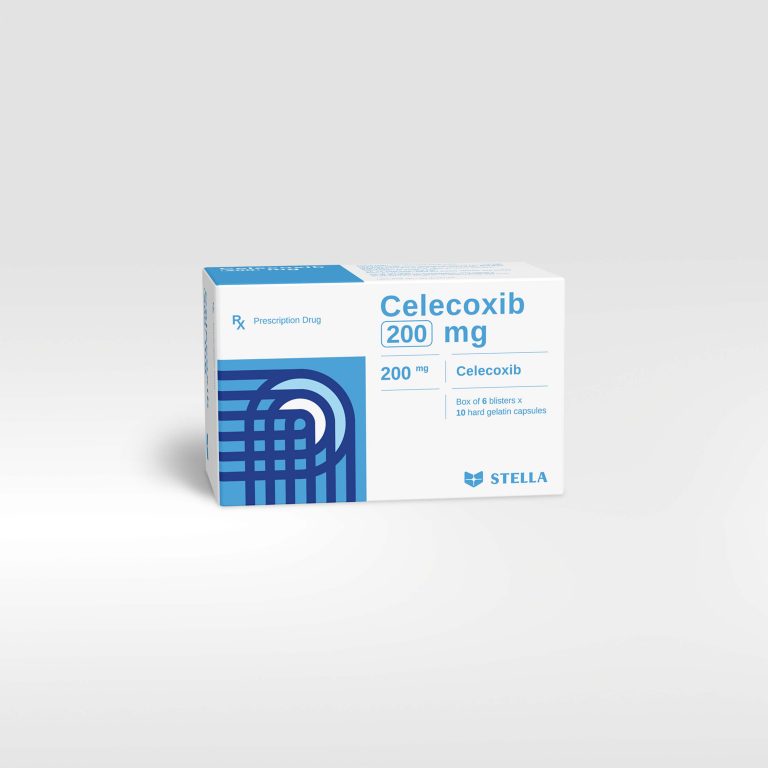Risk of cardiovascular thrombotic events
- Systemic non-aspirin nonsteroidal anti-inflammatory drugs (NSAIDs) cause an increased risk of serious cardiovascular thrombotic events, including myocardial infarction and stroke, either of which can be fatal. This risk may occur as early as the first weeks of treatment and may increase with duration of use. The cardiovascular thrombotic risk has been observed most consistently at higher doses.
- To minimize the risk for an adverse cardiovascular event in patients treated with meloxicam, prescribe the lowest effective daily dose for the shortest duration possible.
Gastrointestinal bleeding, ulceration, and perforation
- NSAIDs, including meloxicam, can any time cause serious gastrointestinal (GI) adverse events including inflammation, bleeding, ulceration, and perforation of the esophagus, stomach, small intestine, or large intestine, which can be fatal. Only one in five patients who develop a serious upper GI adverse event on NSAID therapy is symptomatic.
- Risk factors for GI bleeding, ulceration, and perforation: Patients with a prior history of peptic ulcer disease and/or GI bleeding in longer duration of NSAID therapy, concomitant use of oral corticosteroids, aspirin, anticoagulants, or selective serotonin reuptake inhibitors (SSRIs); smoking; use of alcohol; older age; and poor general health status. Most postmarketing reports of fatal GI events occurred in elderly or debilitated patients. Additionally, patients with advanced liver disease and/or coagulopathy are at increased risk for GI bleeding.
- Strategies to minimize the GI risks in NSAID-treated patients:
Use the lowest effective dosage for the shortest possible duration.
Avoid administration of more than one NSAID at a time.
Avoid use in patients at higher risk unless benefits are expected to outweigh the increased risk of bleeding. For such patients, as well as those with active GI bleeding, consider alternate therapies other than NSAIDs.
Remain alert for signs and symptoms of GI ulceration and bleeding during NSAID therapy.
If a serious GI adverse event is suspected, promptly initiate evaluation and treatment, and discontinue meloxicam until a serious GI adverse event is ruled out.
In the setting of concomitant use of low-dose aspirin for cardiac prophylaxis, monitor patients more closely for evidence of GI.
Hepatotoxicity
- Elevations of ALT or AST (three or more times the upper limit of normal [ULN]) have been reported in approximately 1% of NSAID-treated patients in clinical trials. In addition, rare, sometimes fatal, cases of severe hepatic injury, including fulminant hepatitis, liver necrosis, and hepatic failure have been reported.
- Elevations of ALT or AST (less than three times ULN) may occur in up to 15% of patients treated with NSAIDs including meloxicam.
- Inform patients of the warning signs and symptoms of hepatotoxicity (e.g., nausea, fatigue, lethargy, diarrhea, pruritus, jaundice, right upper quadrant tenderness, and “flu-like” symptoms). If clinical signs and symptoms consistent with liver disease develop, or if systemic manifestations occur (e.g., eosinophilia, rash, etc.), discontinue meloxicam immediately, and perform a clinical evaluation of the patient.
Hypertension
- NSAIDs, including meloxicam, can lead to new onset or worsening of preexisting hypertension, either of which may contribute to the increased incidence of CV events.
- Patients taking angiotensin converting enzyme (ACE) inhibitors, thiazide diuretics, or loop diuretics may have impaired response to these therapies when taking NSAIDs.
- Monitor blood pressure (BP) during the initiation of NSAID treatment and throughout the course of therapy.
Heart failure and edema
- Additionally, fluid retention and edema have been observed in some patients treated with NSAIDs.
- Use of meloxicam may blunt the cardiovascular effects of several therapeutic agents used to treat these medical conditions (e.g., diuretics, ACE inhibitors, or angiotensin receptor blockers [ARBs]). Avoid the use of meloxicam in patients with severe heart failure unless the benefits are expected to outweigh the risk of worsening heart failure.
Renal toxicity
- Long-term administration of NSAIDs, including meloxicam, has resulted in renal papillary necrosis, renal insufficiency, acute renal failure, and other renal injury.
- Renal toxicity has also been seen in patients in whom renal prostaglandins have a compensatory role in the maintenance of renal perfusion. In these patients, administration of an NSAID may cause a dose-dependent reduction in prostaglandin formation and, secondarily, in renal blood flow, which may precipitate overt renal decompensation. Patients at greatest risk of this reaction are those with impaired renal function, dehydration, hypovolemia, heart failure, liver dysfunction, those taking diuretics and ACE inhibitors or ARBs, and the elderly. Discontinuation of NSAID therapy is usually followed by recovery to the pretreatment state.
- The renal effects of meloxicam may hasten the progression of renal dysfunction in patients with preexisting renal disease. Because some meloxicam metabolites are excreted by the kidney, monitor patients for signs of worsening renal function.
- Correct volume status in dehydrated or hypovolemic patients prior to initiating meloxicam. Monitor renal function in patients with renal or hepatic impairment, heart failure, dehydration, or hypovolemia during use of meloxicam.
- No information is available, avoid the use of meloxicam in patients with advanced renal disease unless the benefits are expected to outweigh the risk of worsening renal function. If meloxicam is used in patients with advanced renal disease, monitor patients for signs of worsening renal function.
Hyperkalemia
- Increases in serum potassium concentration, including hyperkalemia, have been reported with use of NSAIDs, even in some patients without renal impairment. In patients with normal renal function, these effects have been attributed to a hyporeninemic-hypoaldosteronism state.
Anaphylactic reactions
- Meloxicam has been associated with anaphylactic reactions in patients with and without known hypersensitivity to meloxicam and in patients with aspirin-sensitive asthma.
Exacerbation of asthma related to aspirin sensitivity
- Meloxicam is contraindicated in patients with exacerbation of asthma related to aspirin sensitivity and/or intolerance to aspirin and other NSAIDs. When meloxicam is used in patients with preexisting asthma (without known aspirin sensitivity), monitor patients for changes in the signs and symptoms of asthma.
Serious skin reactions
- NSAIDs, including meloxicam, can cause serious skin adverse reactions such as exfoliative dermatitis, Stevens-Johnson Syndrome (SJS), and toxic epidermal necrolysis (TEN), which can be fatal. Discontinue the use of meloxicam at the first appearance of skin rash or any other sign of hypersensitivity. Meloxicam is contraindicated in patients with previous serious skin reactions to NSAIDs.
Drug reaction with eosinophilia and systemic symptoms (DRESS)
- has been reported in patients taking NSAIDs such as meloxicam. Some of these events have been fatal or life-threatening. DRESS typically, although not exclusively, presents with fever, rash, lymphadenopathy, and/or facial swelling. Other clinical manifestations may include hepatitis, nephritis, hematological abnormalities, myocarditis, or myositis. Sometimes symptoms of DRESS may resemble an acute viral infection. Eosinophilia is often present. Because this disorder is variable in its presentation, other organ systems not noted here may be involved. It is important to note that early manifestations of hypersensitivity, such as fever or lymphadenopathy, may be present even though rash is not evident. If such signs or symptoms are present, discontinue meloxicam and evaluate the patient immediately.
Fetal toxicity
- Premature closure of fetal ductus arteriosus: Avoid use of NSAIDs, including meloxicam, in pregnant women at about 30 weeks gestation and later. NSAIDs, including meloxicam, increase the risk of premature closure of the fetal ductus arteriosus at approximately this gestational age.
- Oligohydramnios/Neonatal renal impairment: Use of NSAIDs, including meloxicam, at about 20 weeks gestation or later in pregnancy may cause fetal renal dysfunction leading to oligohydramnios and, in some cases, neonatal renal impairment. These adverse outcomes are seen, on average, after days to weeks of treatment, although oligohydramnios has been infrequently reported as soon as 48 hours after NSAID initiation. Oligohydramnios is often, but not always, reversible with treatment discontinuation.
- If NSAID treatment is necessary between about 20 weeks and 30 weeks gestation, limit meloxicam use to the lowest effective dose and shortest duration possible. Consider ultrasound monitoring of amniotic fluid if meloxicam treatment extends beyond 48 hours. Discontinue meloxicam if oligohydramnios occurs and follow up according to clinical practice.
Hematologic toxicity
- Anemia has occurred in NSAID-treated patients. If a patient treated with meloxicam has any signs or symptoms of anemia, monitor hemoglobin or hematocrit.
- NSAIDs, including meloxicam, may increase the risk of bleeding events. Co-morbid conditions such as coagulation disorders or concomitant use of warfarin, other anticoagulants, antiplatelet agents (e.g., aspirin), serotonin reuptake inhibitors (SSRIs) and serotonin norepinephrine reuptake inhibitors (SNRIs) may increase this risk.
Masking of inflammation and fever
- The pharmacological activity of meloxicam in reducing inflammation, and possibly fever, may diminish the utility of diagnostic signs in detecting infections.
Laboratory monitoring
Because serious GI bleeding, hepatotoxicity, and renal injury can occur without warning symptoms or signs, consider monitoring patients on long-term NSAID treatment with a complete blood count (CBC) and a chemistry profile periodically.
Stadxicam 7.5 contains lactose. Patients with rare hereditary problems of galactose intolerance, total lactase deficiency or glucose-galactose malabsorption should not take this medicine.
Stadxicam 7.5 is contraindicated in pregnancy and lactation.
Stadxicam 7.5 is likely to have no or negligible influence on the ability to drive and use machinery. However, when visual disturbances or drowsiness, vertigo or other central nervous system disturbances occur, it is advisable to refrain from driving and operating machinery.













